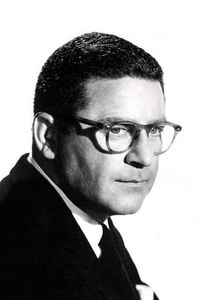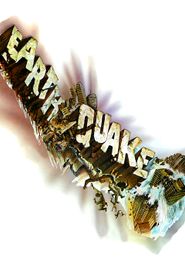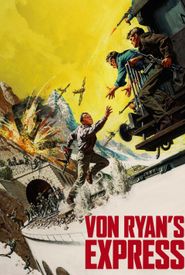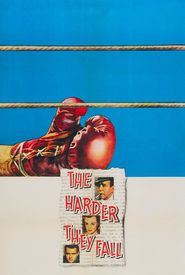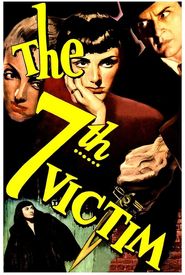Mark Robson's journey began at the University of California, where he studied political science and economics. He later pursued a law course at Pacific Coast University and even attended the U.S. Naval Academy in Annapolis. However, his interests shifted, and he found himself in the movie business as a part-time assistant set dresser at 20th Century Fox.
Initially, Robson's career was marked by setbacks, including being fired from his job after asking for a promotion and working for $1.25 per hour as an assistant editor. He eventually rose through the ranks, working on notable films such as Orson Welles' Citizen Kane and The Magnificent Ambersons. During this period, he developed a technique called "the bus," which involved abruptly cutting to a sudden event to shock the audience.
Robson's breakthrough came when he was promoted to director by Val Lewton, with whom he worked on a series of low-budget horror thrillers, including The Seventh Victim, The Ghost Ship, Isle of the Dead, and Bedlam. These films were successful, but ultimately, RKO went bankrupt, and Robson lost his job.
In 1949, Robson was headhunted by Stanley Kramer to direct the boxing drama Champion, starring Kirk Douglas. This marked a turning point in his career, and he went on to direct several more films for Kramer, including Home of the Brave.
Robson's subsequent career was marked by a mix of critically acclaimed and commercially successful films. He worked with major studios, including Samuel Goldwyn, and directed films such as The Bridges at Toko-Ri, The Harder They Fall, Peyton Place, and The Inn of the Sixth Happiness.
In the 1960s, Robson established his own production company, Red Lion, and made several films, including Nine Hours to Rama and Lost Command. His career was revitalized by the success of Valley of the Dolls in 1967, and he went on to direct the massive box-office hit Earthquake in 1974.
Mark Robson passed away just weeks after completing work on the action thriller Avalanche Express in 1979.
